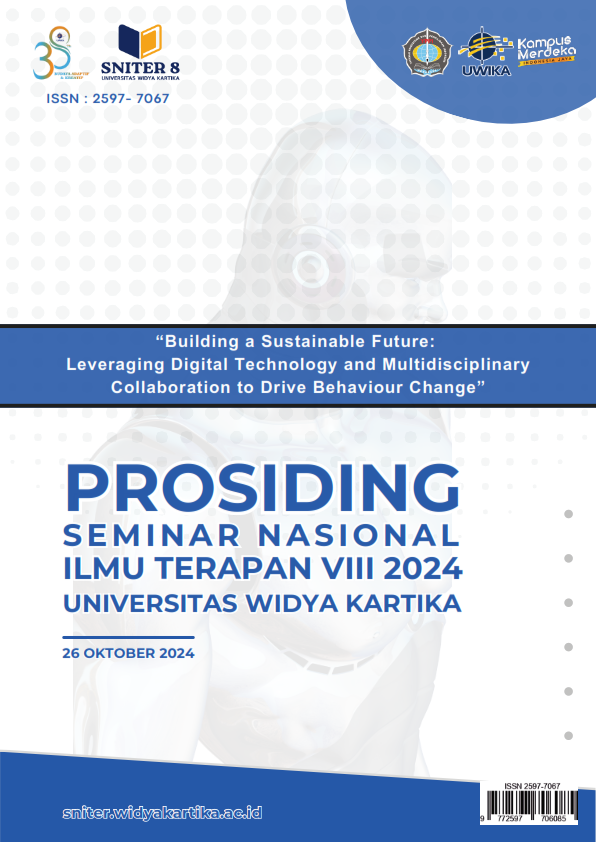THE IMPACT OF DIGITAL LITERACY ON STUDENTS' MENTAL WELL-BEING: AN APPROACH TO HEALTHIER EDUCATION
Kata Kunci:
literasi digital, kesehatan mental, pendidikan, kesehatan siswa, waktu penggunaan gawaiAbstrak
Integrating digital literacy into education is important in the digital age, but its impact on students' mental health is not fully understood. This study examines the relationship between digital literacy and mental health among senior high school students, highlighting the benefits and challenges of digital learning environments. Using a qualitative approach, including
questionnaires and interviews, the study assessed digital literacy levels, usage patterns, and selfreported mental health. Findings showed a complex relationship between higher digital literacy improving self-confidence and academic performance and reducing anxiety. However, excessive screen time and pressure to engage with digital devices can increase stress, fatigue, and social isolation. Students who balance digital and offline activities tend to have better mental health.
This study underscores the importance of promoting healthy digital habits and offline interactions in educational settings to ensure that digital literacy contributes positively to students' overall mental health. Educational institutions are encouraged to adopt a balanced approach and provide support systems that encourage digital competence and mental health.
Unduhan
Diterbitkan
Terbitan
Bagian
Lisensi
Hak Cipta (c) 2024 Seminar Nasional Ilmu Terapan

Artikel ini berlisensiCreative Commons Attribution-ShareAlike 4.0 International License.

